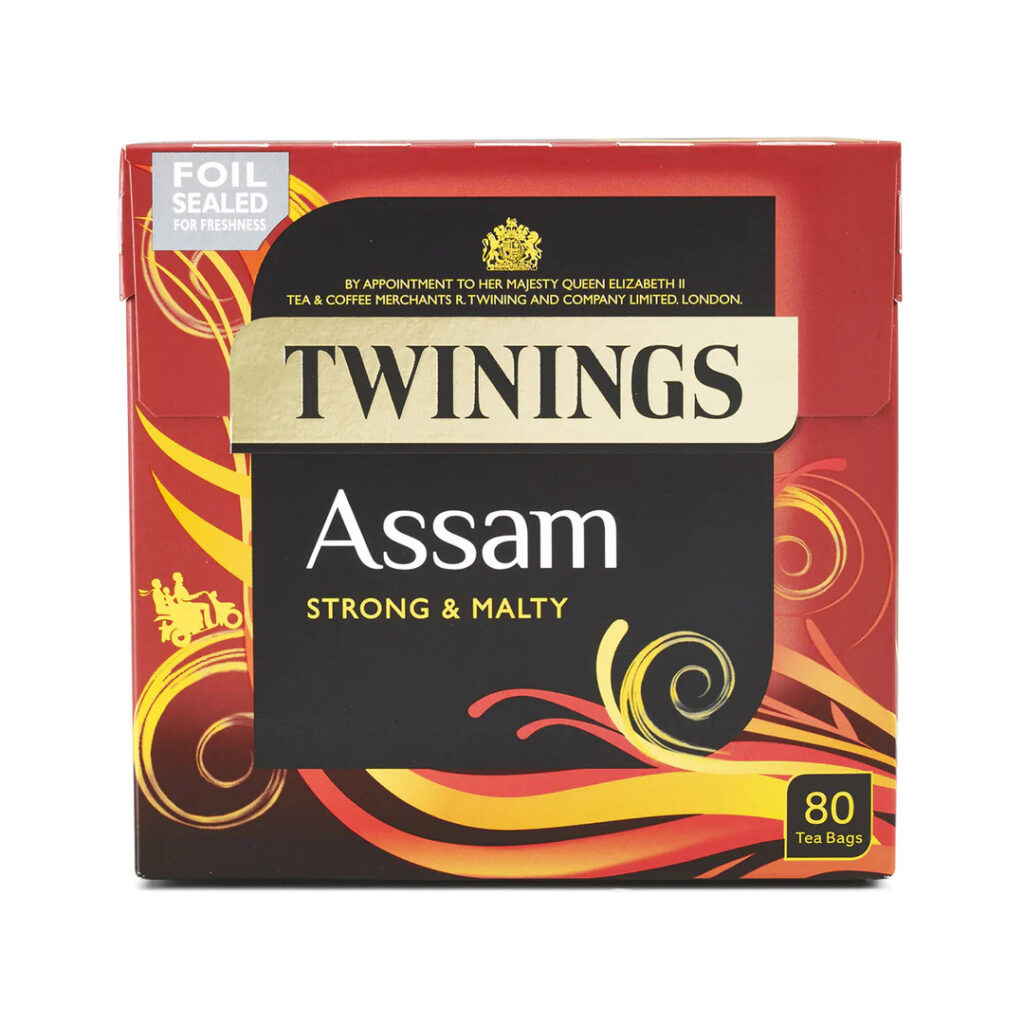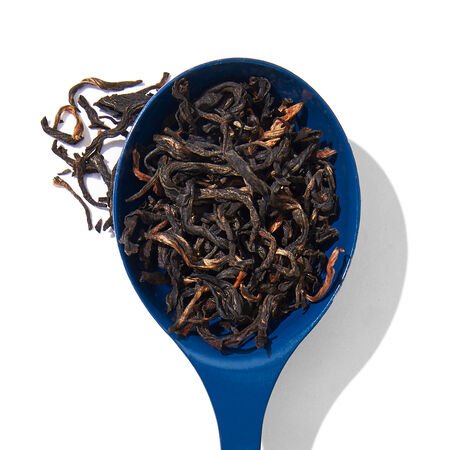Odds are you probably have some tea bags or leaves sitting somewhere in your kitchen. After all, it’s the most commonly consumed beverage in the world (next to water, of course) and can be found in 80% of U.S. households.
However, different types of tea have different benefits: Some help with stress, relaxation and digestion, while others can even help reduce the risk of stroke and dementia. And when it comes to combating inflammation, boosting heart health and immune function, and reducing the risk of death, experts say there are a few black teas worth sipping.
“The most popular benefits of black tea are increased alertness, focus and increased metabolism,” said Nadia De La Vega, director of tea content and sustainability at DAVIDsTEA. “There is emerging evidence that links drinking tea to a larger variety of health benefits like improved heart health, better gut health and even management of sugar levels in the body.”
A recent study published in the Annals of Internal Medicine found that people who drank black tea two or more times a day cut their overall risk of death by 9% to 13% compared to non-tea drinkers.
According to Maki Inoue-Choi, PhD, first author of the study and epidemiologist at the National Cancer Institute, one possible reason why black tea can help people live longer is that it’s rich in polyphenols and other beneficial compounds such as flavonoids.
“These compounds may potentially decrease stress and inflammation in the body and, in turn, could potentially lower risk of health conditions such as heart disease,” she said. “Nevertheless, future studies are needed to have more insights into underlying mechanisms.”
If you’re ready to explore some different types of black teas, experts recommend several varieties for a healthier mind and these are some of the healthiest black teas readily available:
English breakfast tea is a strong and moderately caffeinated tea that can be paired with milk and/or sweeteners.
Most commonly sourced from East Africa, Ceylon and Assam, this tea contains antioxidants that protect your cells against free radicals and can help prevent damage in your cells that can lead to diseases, including heart disease, stroke, diabetes and cancer.
You can drink this tea in the morning for a boost or throughout the day as a pick-me-up.
Named after the region of Assam, India, this tea is grown in a warm, wet climate at sea level and is known for its deep aroma, strong color and full-bodied/bitterish taste.
This type of tea also contains a natural source of vitamins A and E, is known to boost immunity and contains antioxidants that can fight off free radicals in the body. Assam tea is best served with honey and a splash of milk.
Earl Grey is a famous tea blend flavored with natural bergamot oil, which comes from a citrus fruit in Bergamo, Italy.
The tea can taste more on the bitter side, but if served with milk, sweeteners or lemons, it can taste floral and citrus-like.
Earl grey contains antioxidants that can boost overall health to fight off disease, and may offer other health benefits like energy enhancement and weight loss.
An organic black tea with an intense scent and golden leaves, this tea is grown in the Himalayan mountains of Nepal and tastes rich and mellow, with hints of honey and stone fruit.
Once brewed, it turns into a reddish-golden color. This tea is also high in antioxidants, boosts energy, helps with digestion and reduces inflammation. You can add cinnamon or ginger for more flavor (my favorite).
This type of black tea originates from Yunnan Province, China. It is high in concentration and has a rich and smooth taste, with accents of chocolate, honey and pepper.
This type of tea produces a bold orange brew color instead of brown or black. Similar to most black teas, Yunnan can help decrease inflammation, reduce the risk of heart diseases, and improve blood pressure. It can be served and enjoyed with milk and sugar.
How to benefit from drinking tea
“To get the most benefits out of your cup of tea, I recommend drinking single-ingredient teas (the ingredient being tea leaves),” De La Vega said. “Alternatively, if you’re looking for a little more flavor, you can choose blends that have a high percentage of tea leaves.”
In terms of how many cups of tea you should be drinking in a day, experts say there is no standard amount; however, based on some studies, drinking two or more cups daily could offer health benefits.
“You can start to see some benefits from drinking just one cup a day,” De La Vega said. “Bottom line: Tea is your health’s best friend! It’s a complement to your healthy routine and easy to integrate into our lifestyle.”
She recommends finding something that works for you, whether that means drinking one cup or multiple cups throughout the day.
Further Read: Best Teas for Seniors.







